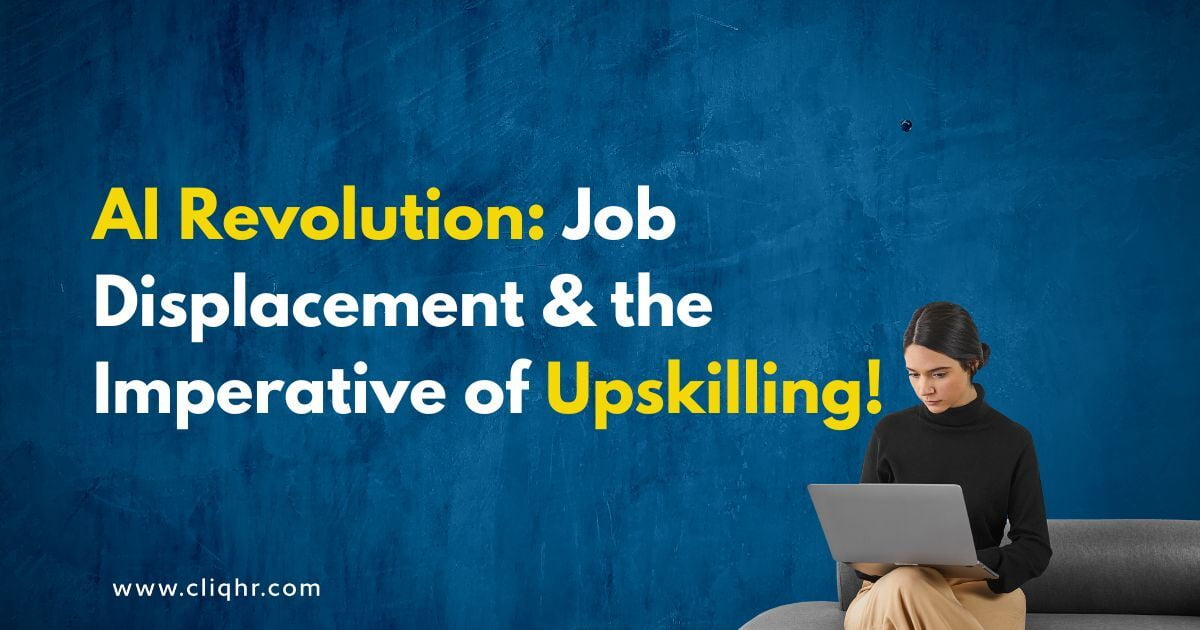
In the era of rapid technological advancements, artificial intelligence (AI) has emerged as a transformative force reshaping industries and labor markets. While AI brings unprecedented efficiency and innovation, it also raises concerns about job displacement. As automation takes center stage, the need for upskilling becomes paramount to ensure a workforce that can thrive in the evolving landscape.
The AI Impact on Jobs:
The integration of AI technologies into various sectors has undoubtedly streamlined processes and improved productivity. However, this progress is not without consequences. Routine, repetitive tasks are increasingly being automated, leading to job displacement for workers engaged in such roles. This shift requires a proactive approach to address the potential economic and social challenges associated with unemployment.
The Upskilling Imperative:
To mitigate the adverse effects of job displacement, upskilling has become an imperative for both individuals and organizations. Upskilling involves acquiring new skills and competencies to stay relevant in the job market. As AI continues to evolve, there is a growing demand for workers with skills that complement and collaborate with intelligent systems.
Key Skills for the AI Era:
Data Literacy: Understanding and interpreting data is crucial in an AI-driven world. Workers need to be proficient in data analysis and possess the ability to derive meaningful insights from vast datasets.
Digital Literacy: As workplaces become more digitized, a basic understanding of digital tools and technologies is essential. This includes familiarity with software, cloud computing, and digital communication platforms.
Critical Thinking: AI excels at routine tasks, but human intuition and critical thinking are irreplaceable. Employees should cultivate problem-solving skills and the ability to analyze complex situations.
Adaptability: The pace of technological change is accelerating. Workers need to be adaptable and willing to embrace new technologies and methodologies throughout their careers.
Emotional Intelligence: Jobs that involve empathy, interpersonal communication, and understanding human emotions are less susceptible to automation. Emotional intelligence becomes a valuable asset in a world where AI handles routine tasks.
Government and Industry Collaboration:
Addressing the challenges posed by AI requires a collaborative effort between governments, industries, and educational institutions. Governments play a crucial role in creating policies that support the workforce during transitions, providing financial aid for retraining programs, and fostering an environment conducive to innovation.
Companies, on the other hand, should invest in employee training programs, facilitating upskilling opportunities for their workforce. This not only ensures the retention of valuable human capital but also enhances the overall productivity and competitiveness of the organization.
Also read: The Impact of Artificial Intelligence on Diverse Sectors and Job Landscapes
The integration of AI into our daily lives is inevitable, and with it comes the responsibility to manage the impact on the workforce. Job displacement is a reality, but through strategic upskilling initiatives, individuals and organizations can navigate this transition successfully. Embracing a future where humans collaborate harmoniously with AI requires a commitment to continuous learning, adaptability, and a collective effort to shape a workforce that is resilient in the face of technological disruption.
